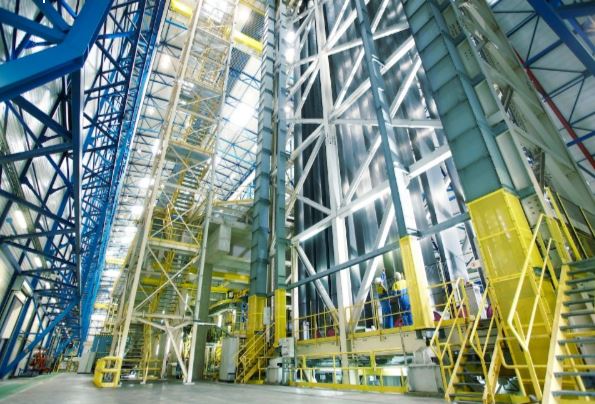Tata Steel Nederland: Agreement with Boliden for for low-carbon zinc procurement
by David Fleschen

Tata Steel Nederland has signed an agreement with Swedish metal company Boliden for the procurement of Low-carbon Zinc, zinc with one of the lowest CO2 footprints of any refined zinc in the world. The deal covers a significant part of the steel manufacturer’s zinc needs and enables its customers, such as carmakers, to make more sustainable choices by using steel products with a lower environmental impact.
“Our agreement with Boliden reduces our indirect CO2 emissions and marks a new step in our sustainability journey,” said Willem Vermeulen, Chief Procurement Officer of Tata Steel Nederland. “We are committed to making our steel production more sustainable and meeting the evolving needs of our customers – who are increasingly taking into account the environmental impact of the entire value chain – and society at large. With the alignment of our strategies, we will increasingly consider the environmental performance of our suppliers in our decision-making.”
“We encourage our suppliers, our customers, and our customers’ customers to take part in the industry transition and share knowledge on how we minimise emissions and carbon footprints. Our Green Transition Metals portfolio represents some of the most sustainable options on the market, and by using our Low-carbon Zinc, Tata Steel shows the importance of reducing emissions at every step of the value chain. This collaboration illustrates how choosing currently available low-carbon materials can immediately reduce carbon footprints,” said Sven Hjelmstedt, Director Sales, Boliden.
Zinc is a crucial raw material to produce galvanised steel, steel that is coated with a layer of zinc to protect it from rusting. The zinc acts as a protective barrier, making the steel more resistant to environmental conditions and extending its lifespan. Galvanised steel combines the strength and versatility of steel with the rust resistance of zinc. It is used in a wide range of industries. For example, in the manufacture of car bodies and other automotive parts, roof structures, solar panel frames and washing machines.
Tata Steel Nederland is committed to reducing its CO2 emissions with 35-40% by 2030 and being CO2 neutral by 2045. Meanwhile, the company is not sitting idle, aiming to reduce its annual CO2 emissions by 500 kilotonnes – equivalent to the annual emissions of more than 25,000 Dutch households1) – before the first green steel plants come on stream, and is taking steps to further reduce the impact of its IJmuiden operations on its neighbours and environment. Apart from using virgin zinc from mines Tata Steel also uses recycled zinc in its production. Using circular zinc in combination with zinc from mines increases environmental benefits on top of the low CO2 emission zinc acquired from Boliden.
Source and Photo: Tata Steel in Europe

